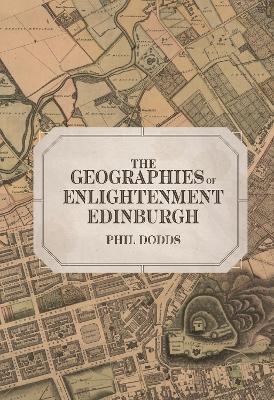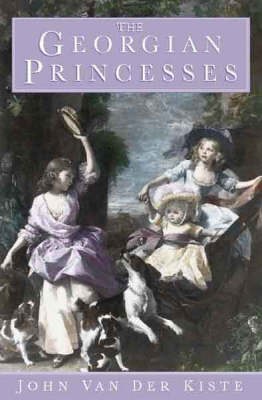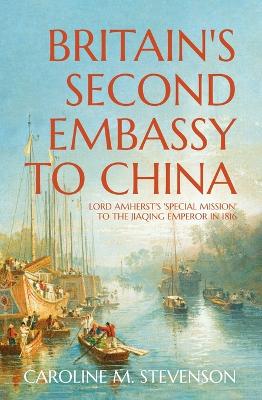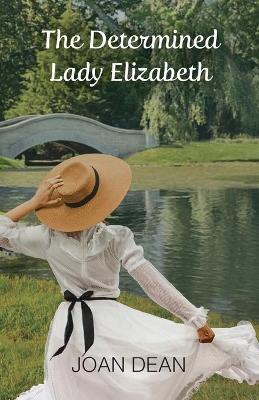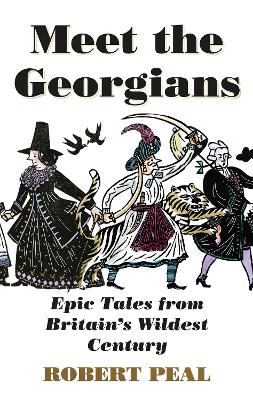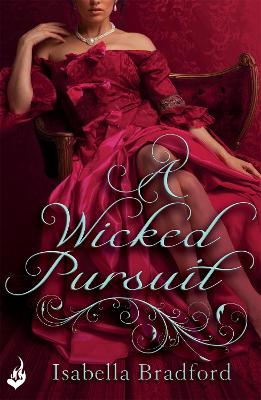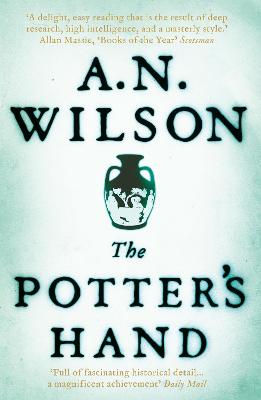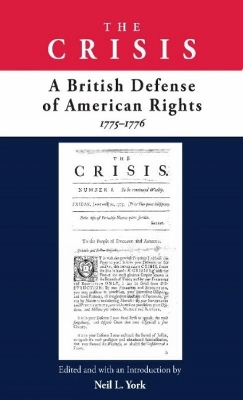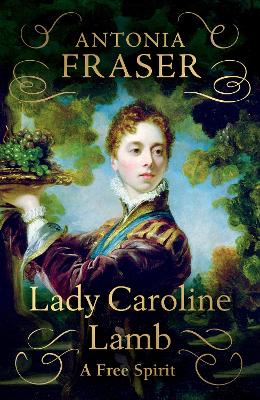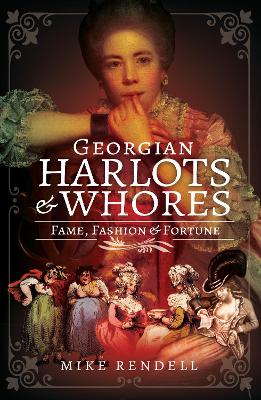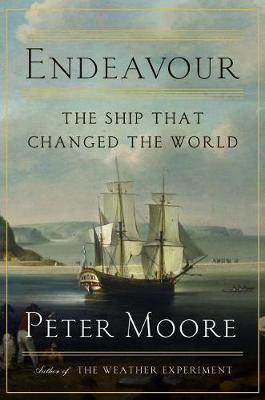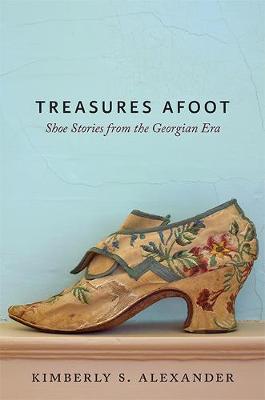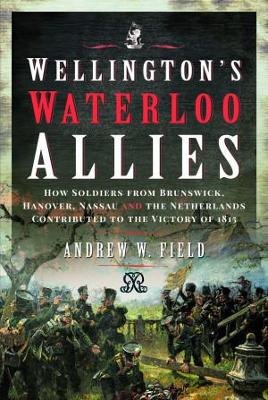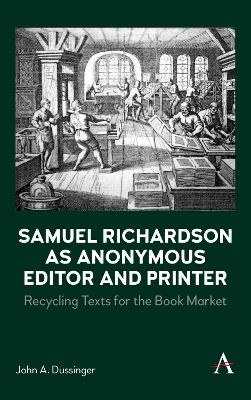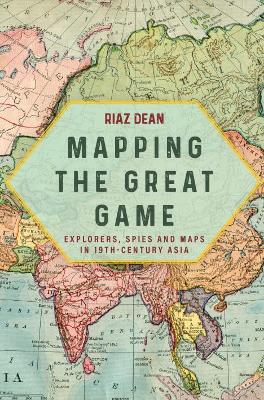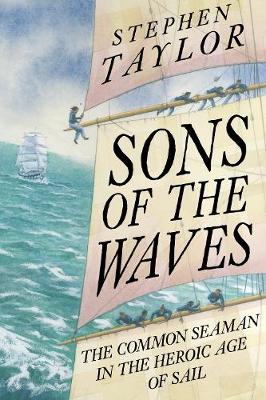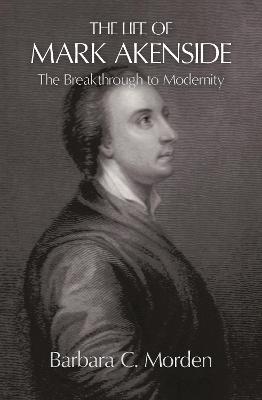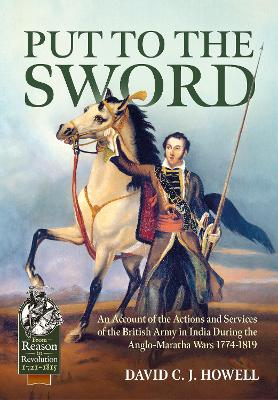Edinburgh was an Enlightenment city of regional, national and global influence. But how did the people of Enlightenment Edinburgh understand and order their world? How did they encounter, compare and produce different kinds of spaces, from the urban to the world scale? And how did this city set the universal standards by which other places should be judged and transformed? The Geographies of Enlightenment Edinburgh answers these questions by exploring the thousands of urban plans, county surve...
A detailed, chronological account of the princesses and consort Queens of the Georgian era, from Sophia (mother of George I) who died shortly before she would have become Queen, to Adelaide, consort to William IV, whose failure to provide an heir ensured the succession passed to his niece, Queen Victoria. During this period, an array of colourful personalities came and went - George I's ill-fated wife, Sophia Dorothea of Celle, who was imprisoned for adultery for over 30 years until her death; t...
The Royal Artillery at War With Napoleon During the Peninsular War and at Waterloo, 1808-15
by Francis Duncan
'The way Robert Peal describes Georgian England, you'd be mad not to want to live there yourself' GUARDIAN Anne Bonny and Mary Read, pirate queens of the Caribbean Tipu Sultan, the Indian ruler who kept the British at bay Olaudah Equiano, the former slave whose story shocked the world Mary Wollstonecraft, the feminist who fought for women's rights Ladies of Llangollen, the l...
A Wicked Pursuit: Breconridge Brothers Book 1 (Breconridge Brothers)
by Isabella Bradford
For fans of Julia Quinn, Eloisa James and Sarah MacLean, comes Isabella Bradford's enthralling new trilogy of London's most scandalous rakes, the Breconridge Brothers, who are about to lose their hearts... As the eldest son of the Duke of Breconridge, Harry Fitzroy is duty-bound to marry well. Lady Julia Barclay, the catch of the season, seems the perfect candidate. But a fall from his horse throws his plan awry and he finds himself trapped in the country in the care of Julia's younger sister. H...
LONGLISTED FOR THE WALTER SCOTT PRIZE FOR HISTORICAL FICTIONIn 1774, Josiah Wedgwood, master craftsman possessed with a burning scientific vision, embarks upon the thousand piece Frog Service for Catherine the Great. Josiah's nephew Tom journeys to America to buy clay from the Cherokee for this exquisite china. Tom is caught up in the American rebellion, and falls for a Cherokee woman who will come to play a crucial role in Josiah's late, great creation: the Portland Vase. As the family fortune...
Adrian Ferrers, Earl of Rivenham, is the most dangerous man in London. Rivenham will let nothing-not even the deepening shadow of war-interfere with his ambition to restore his family to its former glory. But when tasked by the king to uncover a traitor, he discovers instead a conspiracy, and a woman whose courage awakens terrible temptations. To save her is to risk everything. To love her might cost him his life. Lady Sarah Percy knows that Rivenham is the devil in beautiful disguise-and that t...
From the outset, Caroline Lamb had a rebellious nature. From childhood she grew increasingly troublesome, experimenting with sedatives like laudanum, and she had a special governess to control her. She also had a merciless wit and talent for mimicry. She spoke French and German fluently, knew Greek and Latin, and sketched impressive portraits. As the niece of Georgiana, Duchess of Devonshire, she was already well connected, and her courtly skills resulted in her marriage to the Hon. William Lamb...
This book will look at the phenomenon of celebrity hookers in the eighteenth century -all of them the subject of extraordinary press scrutiny and comment. They were the fashion icons of the age, and what they wore was copied and put on sale in the high street within days. Many of them were passed around within the same small circle of aristocratic lovers. They were the object of constant gossip and whether they were flaunting their fame by taking a box at the opera for the entire season, or by...
Witty, courageous and unconventional, Mary Wollstonecraft was one of the most controversial figures of her day. She published "A Vindication of the Rights of Woman"; travelled to revolutionary France and lived through the Terror and the destruction of the incipient French feminist movement; produced an illegitimate daughter; and married William Godwin before dying in childbed at the age of thirty-eight. Often embattled and bitterly disappointed, she never gave up her radical ideas or her belief...
THE SUNDAY TIMES BESTSELLER. An inventive biography of one of the most famous ships of all time - an alluring combination of history, adventure and science. `HISTORY BOOK OF THE YEAR' Christopher Hart, Sunday Times The Enlightenment was an age of endeavours. Britain was consumed by the impulse for grand projects. In 1768 the Royal Navy bought a Whitby collier for an expedition to the South Seas. No one could have guessed she would become the most significant ship in the history of British expl...
Wellington's Light Division in the Peninsular War
by Robert Burnham
In February 1810, Wellington formed what became the most famous British unit in the Peninsular War: the Light Division. Formed around the 43rd and 52nd Light Infantry and the 95th Rifles, the exploits of these three regiments would become legendary. Over the next 50 months, the division would fight and win glory in almost every battle and siege of the Peninsular War. From its origins as a brigade of light infantry which was involved in the first clashes of the British army in Portugal - the bat...
In Treasures Afoot, Kimberly S. Alexander introduces readers to the history of the Georgian shoe. Presenting a series of stories that reveal how shoes were made, sold, and worn during the long eighteenth century, Alexander traces the fortunes and misfortunes of wearers as their footwear was altered to accommodate poor health, flagging finances, and changing styles. She explores the lives and letters of clever apprentices, skilled cordwainers, wealthy merchants, and elegant brides, taking readers...
For almost 200 years, the British perception of the Battle of Waterloo was that it was a great British victory gained over the French tyrant Napoleon which was achieved in spite of, rather than because of, the allied contingents in the Duke of Wellington's army. Eyewitness accounts by British soldiers, encouraged by the doubts expressed in Wellington's despatches, denigrated and vilified the courage and prowess of these allies. But in the last twenty years modern historians, with better access...
Although the ultimate prize of the Great Game played out between Great Britain and Imperial Russia in the 19th century was India, most of the intrigue and action took place along its northern frontier in Afghanistan, Turkestan and Tibet. Maps, and knowledge of the enemy were crucial elements in Britain’s struggle to defend the ‘jewel in the crown’. The Great Trigonometrical Survey of India had been founded in the 18th century, with the aim of creating a detailed map of the country. While most p...
The North-South divide in England is rooted in prehistory and attested throughout recorded time in widely varied sources. This book traces its development from earliest times and provides a corrective to the popular notion that the divide only originated with the Industrial Revolution. A major theme of the study is the development of northern consciousness, and the presence of Scotland across the northern border is seen as an important factor in shaping northern English identity, as well as the...
A brilliant telling of the history of the common seaman in the age of sail, and his role in Britain’s trade, exploration, and warfare “No other book resurrects the wooden world of Jack Tar in such captivating and voluminous detail.”—Roger Ekirch, Wall Street Journal “[A] rollicking narrative . . . Superb”—Ben Wilson, Times British maritime history in the age of sail is full of the deeds of officers like Nelson but has given little voice to plain, "illiterate" seamen. Now Stephen Taylor dr...
Born the son of a butcher in Newcastle Upon Tyne in 1721 Mark Akenside was awarded a degree in medicine from Edinburgh and Leyden Universities. He settled in London in 1743 where he was successful both as a doctor and in medical research. Above all, he was the author of The Pleasures of Imagination 1744, an epic length poem in blank verse which broke many conventions of the time, exploring ideas about human perception and the natural world. Akenside had a European reputation and became a nationa...
